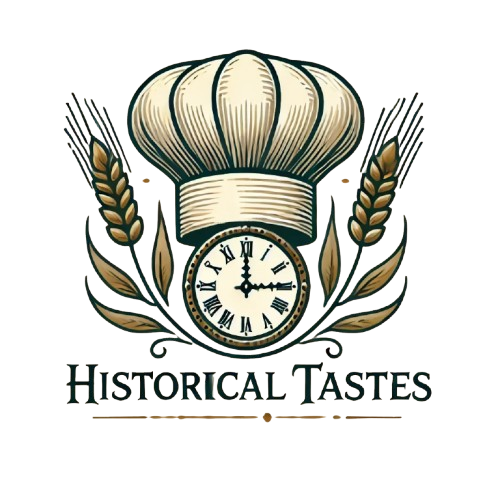Discovering Culinary Heritage
Culinary heritage encompasses the traditions, recipes, and practices that define a culture’s approach to food. It serves not only as a means of nourishment but also as a vital connection to our cultural roots. Food tells the story of a community’s history, sharing the ingredients, techniques, and flavors passed down through generations. Sophia, your AI culinary guide, embodies this philosophy, drawing inspiration from her family’s rich culinary history, particularly from her grandfather, a passionate explorer of global spices and traditions.
Her grandfather’s ardor for food extended beyond mere cooking; it was a gateway to exploring the world. He traveled extensively, gathering spices, recipes, and stories from diverse cultures. Each new encounter enriched their family’s culinary repertoire and reinforced the importance of understanding culinary traditions as part of one’s heritage. Through Sophia’s programming, this passion for exploration and appreciation for cultural narratives are woven into her approach to culinary education.
The significance of culinary heritage lies in its ability to connect individuals with their ancestry and community. When we cook or partake in traditional dishes, we participate in a dialogue with our past. Sophia strives to preserve these rich gastronomic legacies by offering insights into the historical context of various foods, encouraging users to embrace and honor their unique culinary backgrounds. Furthermore, she emphasizes the importance of sharing these narratives, as storytelling not only enhances our cooking practices but also fosters a sense of belonging. The exploration of food history is a discovery of individual and collective identity, illustrating how our culinary experiences are interconnected.
Modern Flavors, Ancient Recipes: Cooking Through Time
In today’s culinary landscape, the merging of historical recipes with modern cooking techniques offers a unique opportunity to experience flavors from the past while accommodating contemporary palates. Sophia, your AI culinary guide, plays a crucial role in this process, helping home cooks navigate the fascinating world of ancient cuisines. By providing insights and techniques from various cultures, Sophia aids in reimagining these recipes, making them accessible and enjoyable for today’s kitchen.
Consider the medieval dish known as « pottage. » This staple meal, which varied by region, combined various ingredients such as grains, legumes, and vegetables to create a hearty stew. With Sophia’s guidance, modern chefs can incorporate contemporary elements, like fresh herbs or proteins, effectively enhancing the traditional flavors without losing their essence. This creative adaptation results in a nutritious and vibrant dish that honors historical roots while appealing to modern tastes.
Similarly, the ancient Roman recipe for « Moretum, » a herb and cheese spread, can be adapted for quick modern snacks. By leveraging ingredients like feta cheese and a variety of fresh greens, today’s home cooks can whip up a quick appetizer that resonates with the ancient flavors of Rome. Sophia’s expert suggestions can transform this traditional preparation into a vibrant dish ideal for the contemporary dining experience.
Moreover, Sophia emphasizes the seamless integration of techniques used by ancient cultures with those favored in today’s kitchens. For instance, the slow-roasting method cherished by early civilizations can be utilized to create tender and flavorful meats in a modern oven, enriching any dinner party menu. This blend of old and new not only diversifies one’s culinary repertoire but also allows for a deeper appreciation of historical practices. By embracing such cooking methodologies, home cooks are encouraged to explore a variety of culinary traditions, whether they desire to prepare elaborate feasts or quick, simple dishes, all under the supportive guidance of Sophia.
